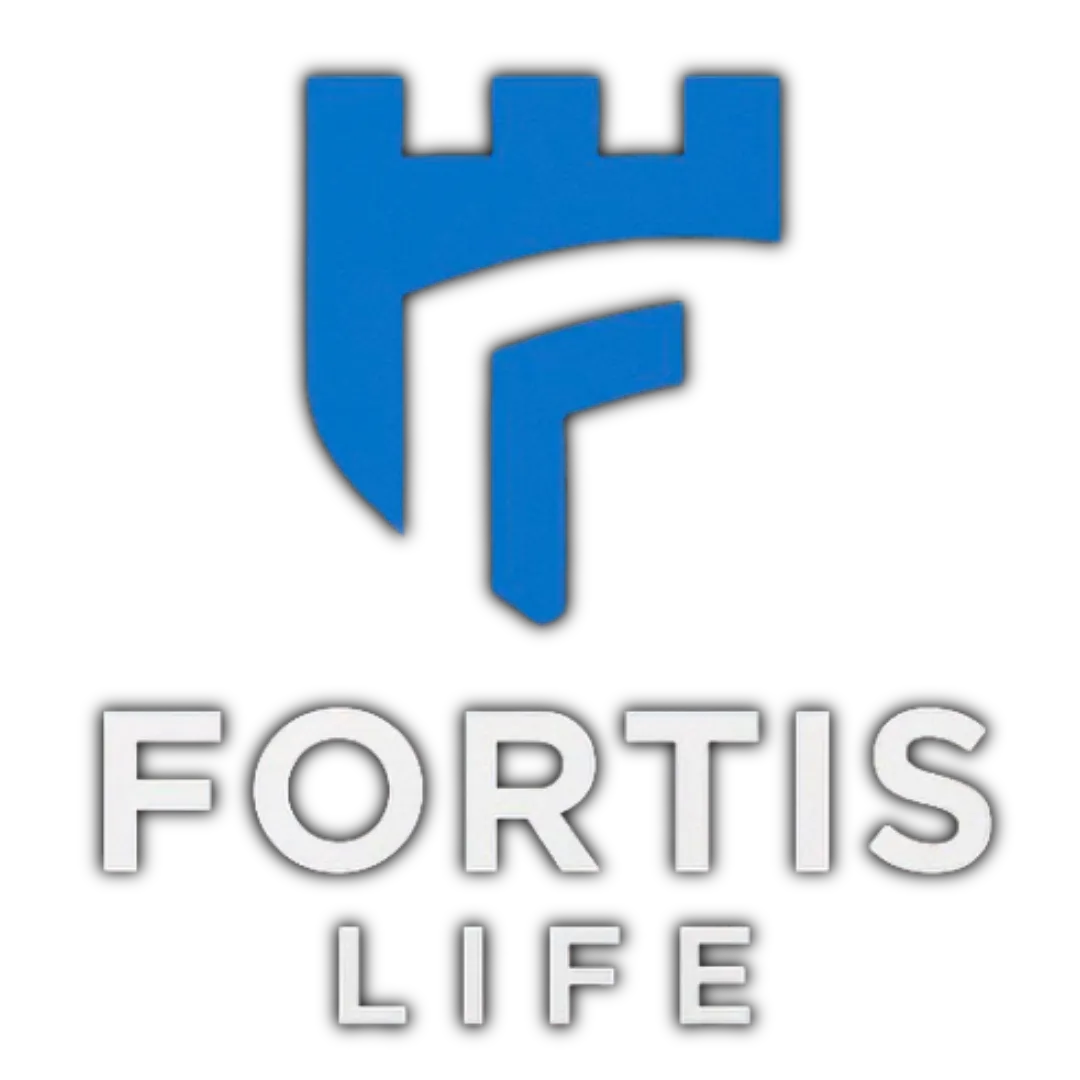Medicare Advantage
What Is Medicare Advantage?
The Original Medicare Program includes four main parts. At any given time, you’ll typically be using either Part A, Part B, and Part D or Part C. Here’s a breakdown of each part to help you understand your options:
Why Consider Medicare Advantage?
One convenient plan for all your coverage
Includes everything Original Medicare covers, plus emergency and urgent care
Many plans offer extra benefits like dental, vision, and gym memberships
Most plans include prescription drug coverage (Part D)
Available regardless of your current health or income
Low or zero monthly premiums
Things to Keep in Mind:
You’ll need to use doctors and hospitals in the plan’s network (except in emergencies)
Premiums and plan details can change each year
Switching to a Medigap (Medicare Supplement) plan later can be challenging
Out-of-pocket costs can be high, with maximum limits often between $3,400 and $6,700 annually
What kind of plans can I choose from?
Here are 6 Types of MAPD Plans:
Health Maintenance Organization (HMO)
With most HMO plans, you must use doctors and hospitals within the plan’s network—except in emergencies or urgent care situations. You may also need a referral to see a specialist.
Preferred Provider Organization (PPO)
PPO plans offer more flexibility. You’ll pay less when you use providers in the plan’s network, but you can still go out-of-network—you’ll just pay more for those services.
Private Fee-for-Service (PFFS)
PFFS plans work a bit like Original Medicare. You can usually visit any provider who agrees to the plan’s terms. The plan decides how much it will pay and how much you’re responsible for at the time of service.
Medical Savings Account (MSA)
MSA plans combine a high-deductible health plan with a special bank account. Medicare deposits money into the account each year, and you can use it to pay for your health care.
Note: MSA plans don’t include drug coverage—you’d need to enroll in a separate Medicare Part D plan for prescriptions.
HMO Point-of-Service (HMOPOS)
This is a type of HMO that may let you receive some care outside the network, but you’ll pay a higher copayment or coinsurance for doing so.
Special Needs Plans (SNPs)
SNPs are designed for people with specific needs, such as those who:Have both Medicare and Medicaid
Live in a nursing home
Have certain chronic conditions (like diabetes or heart failure)
These plans tailor care to your specific health situation.
What do these plans cost?
Cost will vary along with plan type from county to county. The best thing to do is schedule a consultation with us so that we can review which plans are available in your area and determine if the plans available would offer you additional benefits such as dental, vision, and hearing benefits.
Office: 3333 Warrenville Rd Ste 200 Lisle, IL 50532
Call 855-223-2189
Email: [email protected]
Site: www.thefortislife.com
